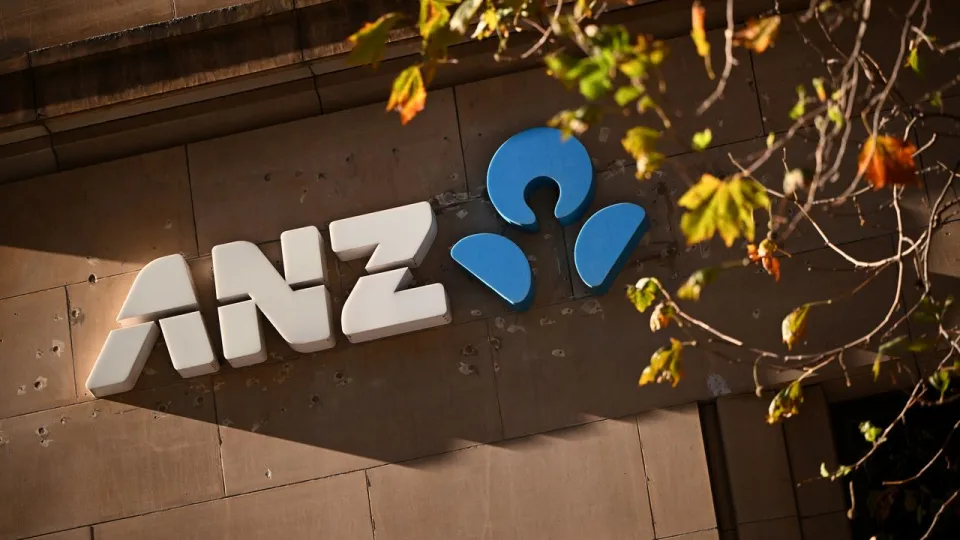ANZ Banking Group is the leader among Australia’s “big four” in reducing exposure to big polluters, according to an international report.
The report issued on Monday found ANZ was in front on scaling back exposure to companies that are unwilling to engage on climate change, compared to Westpac, NAB and CBA.
ANZ was also leading the Australian pack on backing green sectors, working more closely with clients that have begun the transition to net-zero carbon emissions, and vying for new low-carbon clients, according to the report by ratings and research firm Fitch.
In real estate, banks are financing energy efficiency through retrofits or by requiring minimum standards for new buildings, supporting renewable energy equipment, and promoting electrification of construction sites.
As the largest mortgage provider in Australia, CBA is working towards greening the power grid and full electrification of the home.
CBA is less clear about how to manage the climate and emissions exposure of its agribusiness clients, Fitch said.
Agriculture, where methane and nitrous oxide emissions are significant, is the toughest sector for banks for data gathering and emissions measurement, the report explained.
When it comes to getting their own house in order, most banks covered in the Asia-Pacific report have set targets for renewable energy to supply 100 per cent of their operations and to switch to an electric and hybrid-only vehicle fleet.
Across the region, more banks are setting 2030 and 2050 net-zero emissions targets – for coal, oil and gas producers and suppliers as well as top fossil fuel consumers.
In the power sector, banks are increasing loans to renewable energy producers and equipment manufacturers, electricity grid companies, and reducing thermal coal exposure.
Australia’s major banks are part of the Net-Zero Banking Alliance founded in 2021, which represents about 40 per cent of global banking.
Members aim for net-zero lending and investment portfolios by 2050 and have milestones for 2030.
Westpac was the last of the Aussie majors to sign up to the alliance and has set interim targets for upstream oil and gas, thermal coal, power, cement production and commercial real estate.
NAB is working with its 100 top emitting customers on their climate transition plans, and two-thirds are “transition mature”, the report said.
But many smaller companies are yet to collect data and think through the implications of climate change on their business.

